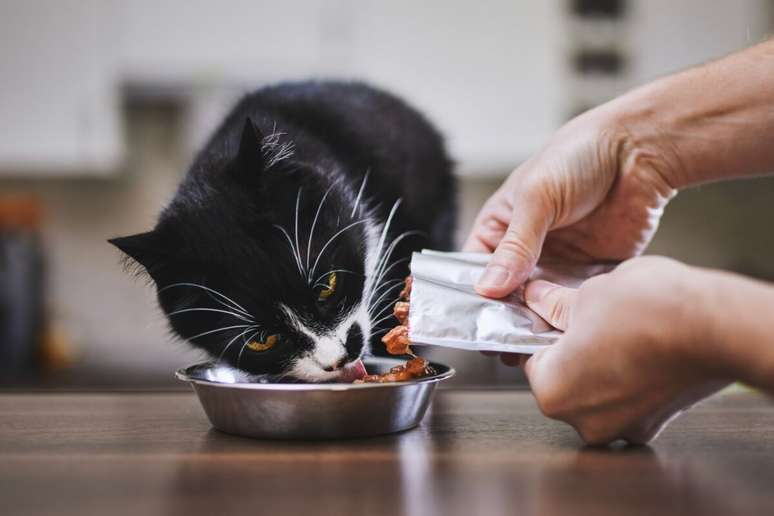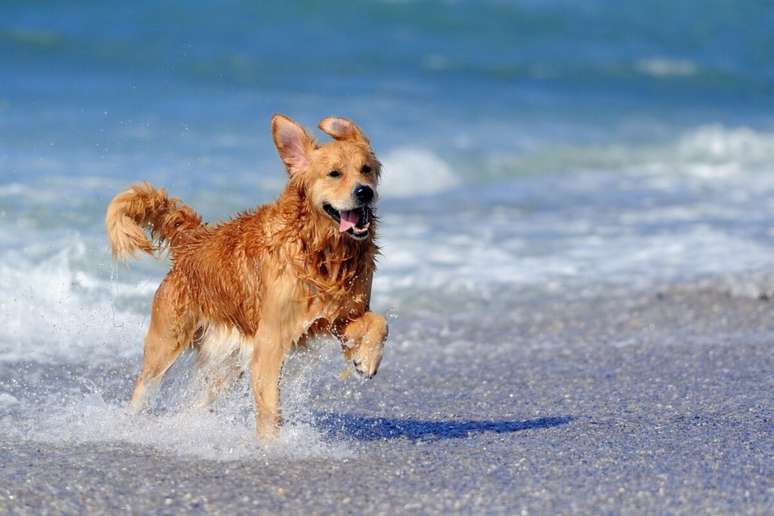Find out how to ensure the safety and well-being of pets during holiday travel
With the arrival of the end-of-year holidays, it is common for families to organize trips to the seaside, often bringing their pets with them to participate in the moments of leisure. However, in order for the experience to be safe and enjoyable for both tutors and petsIt is essential to take some precautions.
According to Dr Stefanie Sussai, professor of the Veterinary Medicine course at the Faculdade Anhanguera, protection from the sun should be a priority. Just like humans, dogs and cats can suffer the effects of sun exposure. Therefore, it is important to apply specific sunscreens for petsespecially in sensitive areas, such as the muzzle and ears, as well as ensuring that the animals have constant access to shaded areas.
Other important precautions
The owner must also take care to ensure that the animal does not become dehydrated. “THE hydration also deserves special attention. On hot days it is essential to frequently offer fresh, drinkable water, avoiding the animal drinking sea water, which can cause dehydration and gastrointestinal problems”, warns Dr Stefanie Sussai.
Furthermore, the heat of the ground must also be on the list of precautions, to avoid burns to the animal. “Another important point is to take care of the paws, since sand and hot ground can cause burns. To avoid problems, the ideal is to bring pets take a walk at less sunny times, such as early in the morning or late afternoon”, explains the teacher.

Eating on the beach
Dr. Stefanie Sussai also emphasizes the importance of maintenance food of animals within the routine. During walks it is advisable to avoid offering foods that are not part of the dog’s normal diet. petand it is essential to store food correctly to avoid contamination.
After beach care
After a day at the beach, the teacher recommends a shower to remove salt and sand residues, remembering that the ears must be well dried to avoid ear infections caused by humidity.
Finally, Dr. Stefanie Sussai emphasizes that tutors must observe the behavior of your animals during and after the tour. Signs of extreme tiredness, dehydration or discomfort should be treated carefully and symptoms such as vomiting or diarrhea may indicate the need for veterinary care.
By Bianca Lodi Rieg
Source: Terra
Ben Stock is a lifestyle journalist and author at Gossipify. He writes about topics such as health, wellness, travel, food and home decor. He provides practical advice and inspiration to improve well-being, keeps readers up to date with latest lifestyle news and trends, known for his engaging writing style, in-depth analysis and unique perspectives.







![Such an excellent sun in advance: Summary of Friday Episode on August 29, 2025 [SPOILERS] Such an excellent sun in advance: Summary of Friday Episode on August 29, 2025 [SPOILERS]](https://fr.web.img3.acsta.net/img/42/f7/42f7a8383b930afc3367641e2e33b0de.jpg)

